An asylum seeker caught in between lands, jobs and mountains of paperwork. Sounds familiar? It’s a story we’ve heard all too often in the past few years, and for some people, it is the harsh, true reality. Now, throw in a complex Palestinian storyline, and the issue becomes more current now than ever before.
That wasn’t the aim for Ramy Youssef and Mo Amer when they created the Netflix show ‘Mo’, which depicts Mo Najjar, a Palestinian asylum seeker who grew up in Houston, seeking US citizenship. The show is loosely based on Mo Amer’s real life and shows what families of all backgrounds go through on their path to freedom. Or to beating the legal system.
Most of the show is based in the US, where the Najjar family lives – Mo and his autistic brother Sameer, their mother Yusra and Mo’s Mexican girlfriend Maria. In his effort to support his family and gain legal status, Mo jumps from one terrible job to another, always ending up on the wrong side of the fence.
Though it tackles some heavy issues – displacement, war and family trauma – the show is rooted in comedy. Mo’s life feels insane and, if what happens to him happens to a real person, it would be devastating. For many out there, it probably is, yet somehow, the show strikes this strange balance between macabre and comedy.
The show aired in 2022, before the Palestine-Israel nightmare broke. It is definitely peculiar to watch the Najjar family worry about violent attacks in Gaza picking up, not knowing (the characters or the actors) what would follow. Watching it now, after more than a year of watching the gruesome events unfold and broadcast live, is an unsettling feeling.
The season two finale (a third season is undefined yet) shows Mo’s family visiting their home in the West Bank. It aired on October 6, 2023. In an interview with BBC Newsbeat, Mo Ameer said: “I’ve gotten so many calls from people just completely in shambles after watching the last episode and how meaningful it was to them to watch.”
Besides how real and heartbreaking it feels at times, some of the culture depicted is relatable. The mother is strict, traditional and incredibly loving. Even when telling Mo off for complications he got into with border control that could affect his asylum status, she shouts at him whilst serving him his favourite Palestinian food and ordering him to eat more.
The family dynamics shown in Mo’s Palestinian family and his girlfriend’s Mexican family felt familiar so it was easy to connect. What was uneasy was listening to conversations about the Israel-Palestine conflict before the October 2023 events began, knowing what we know now. But if there is ever a time to watch Mo, it is now.

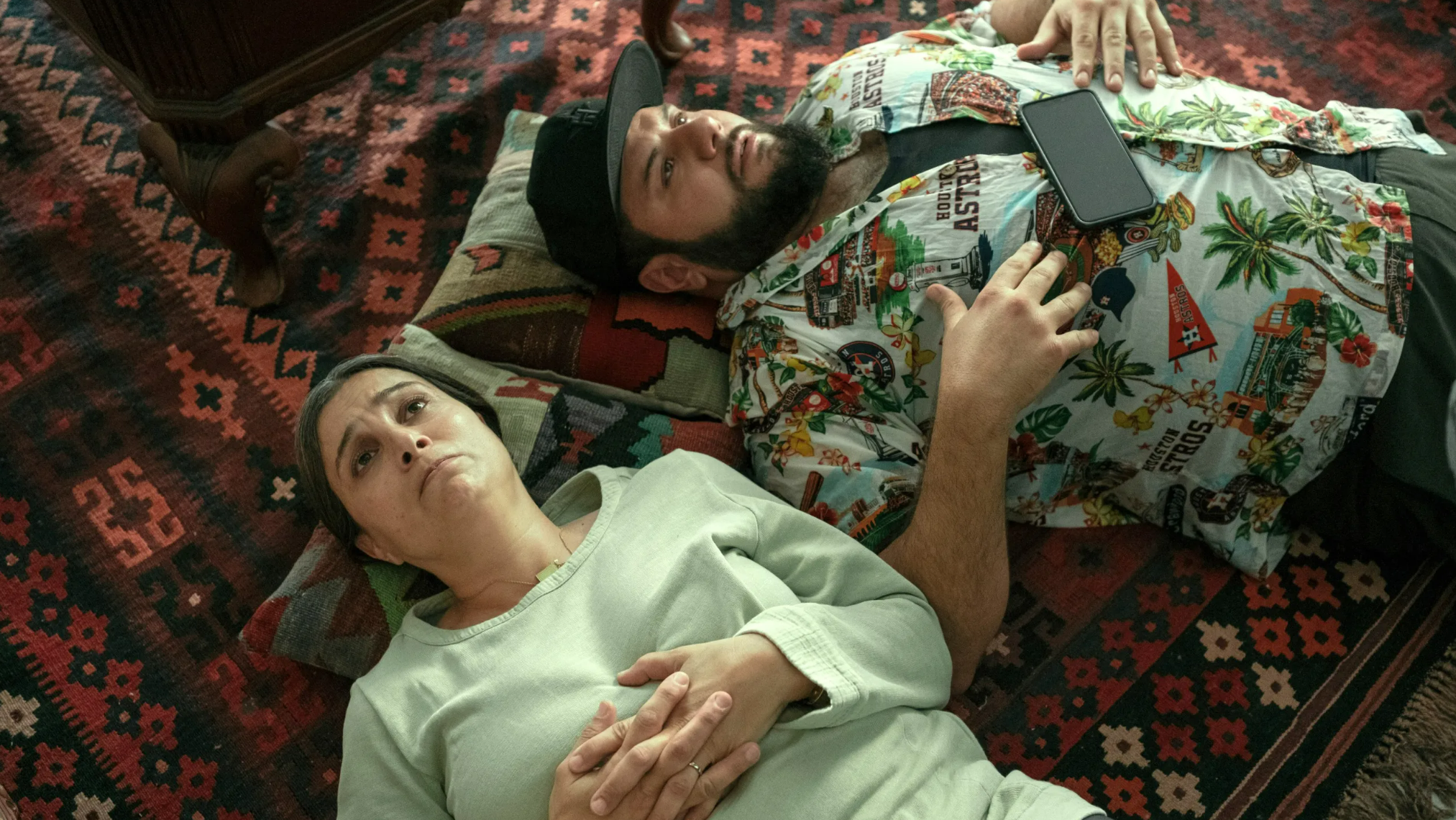
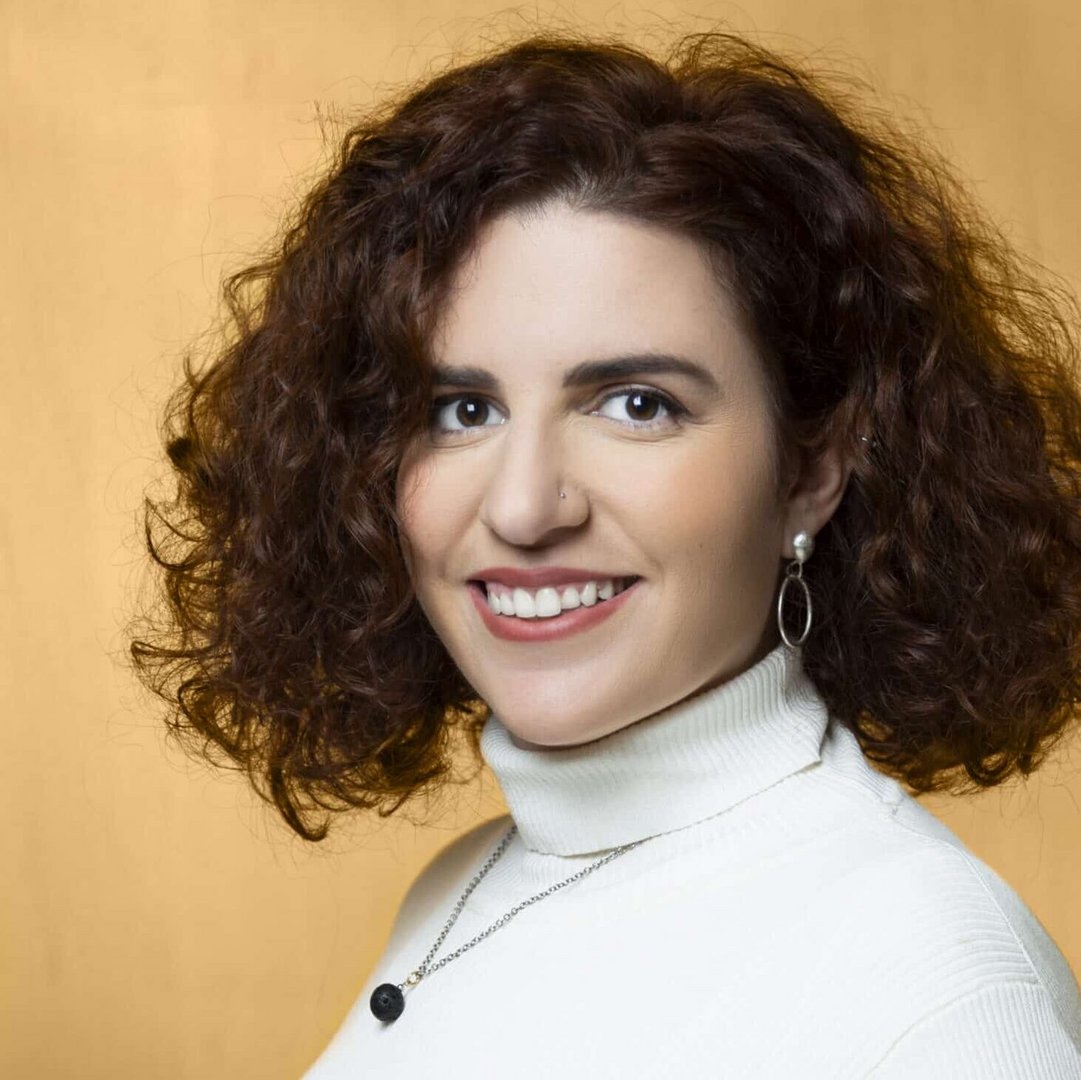
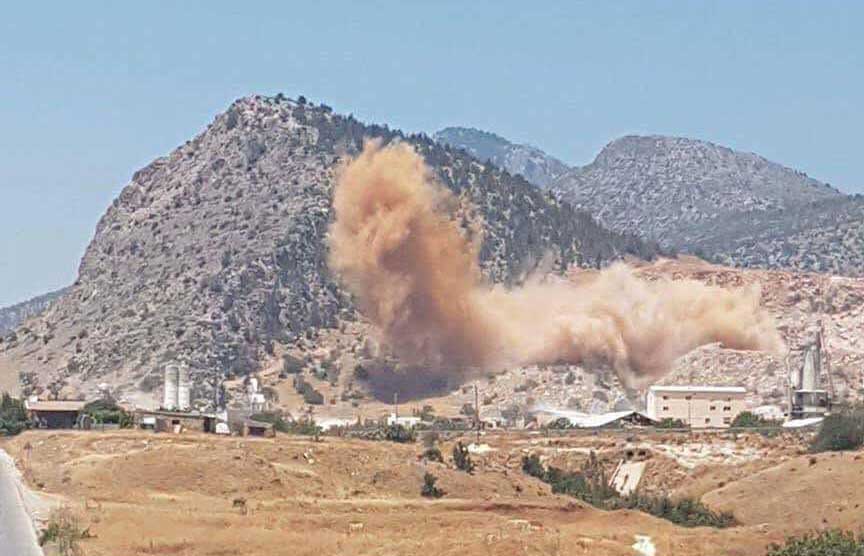
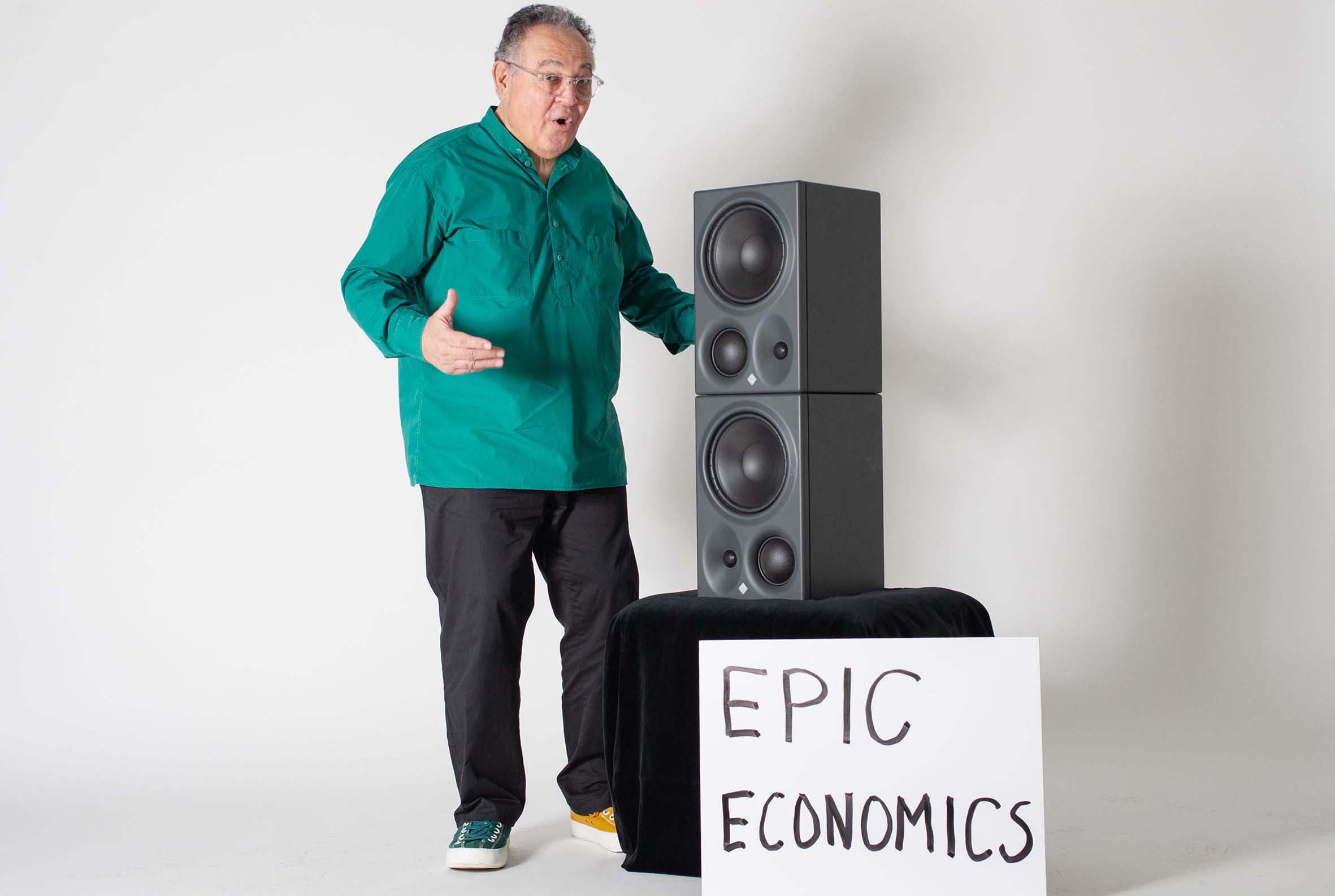
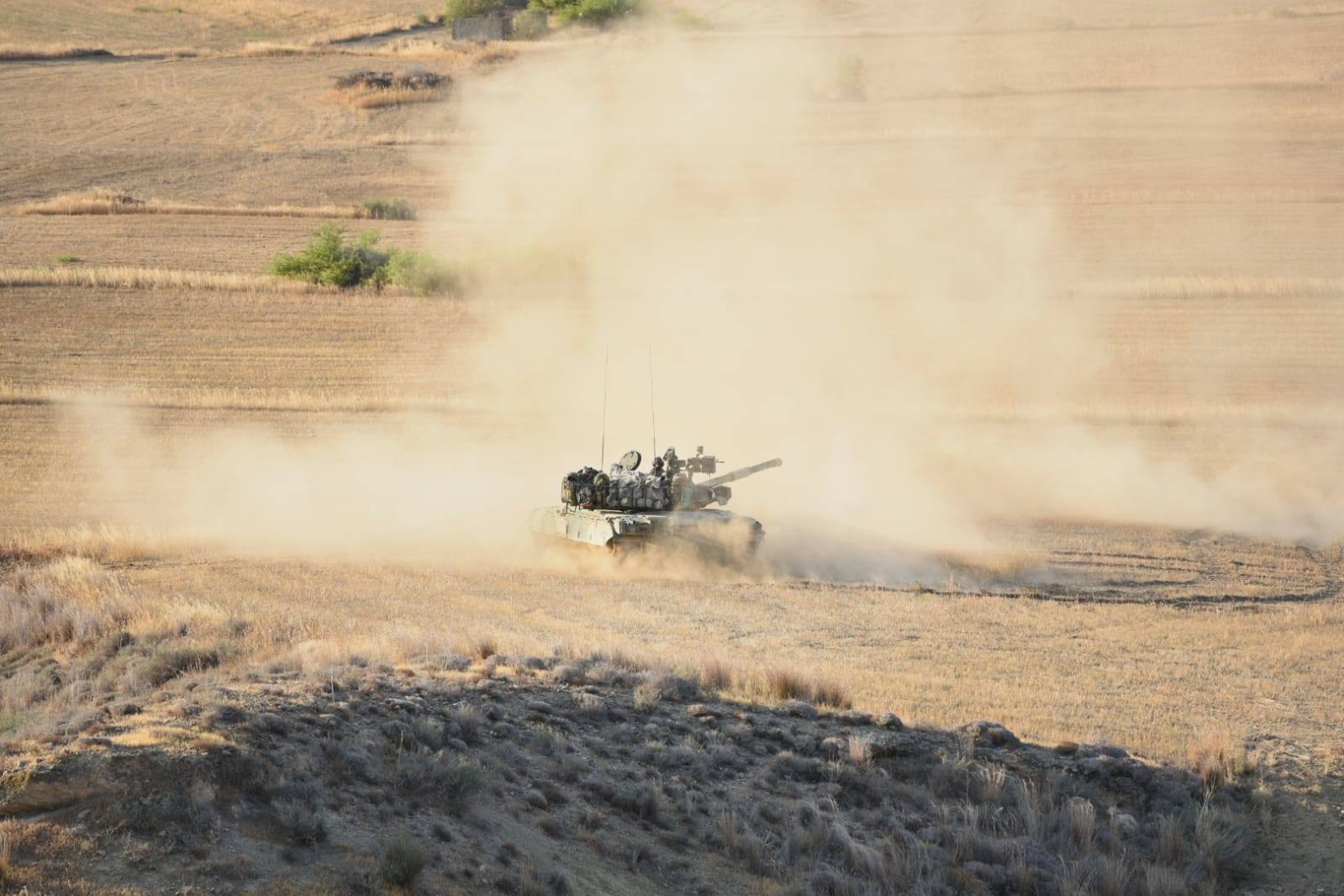
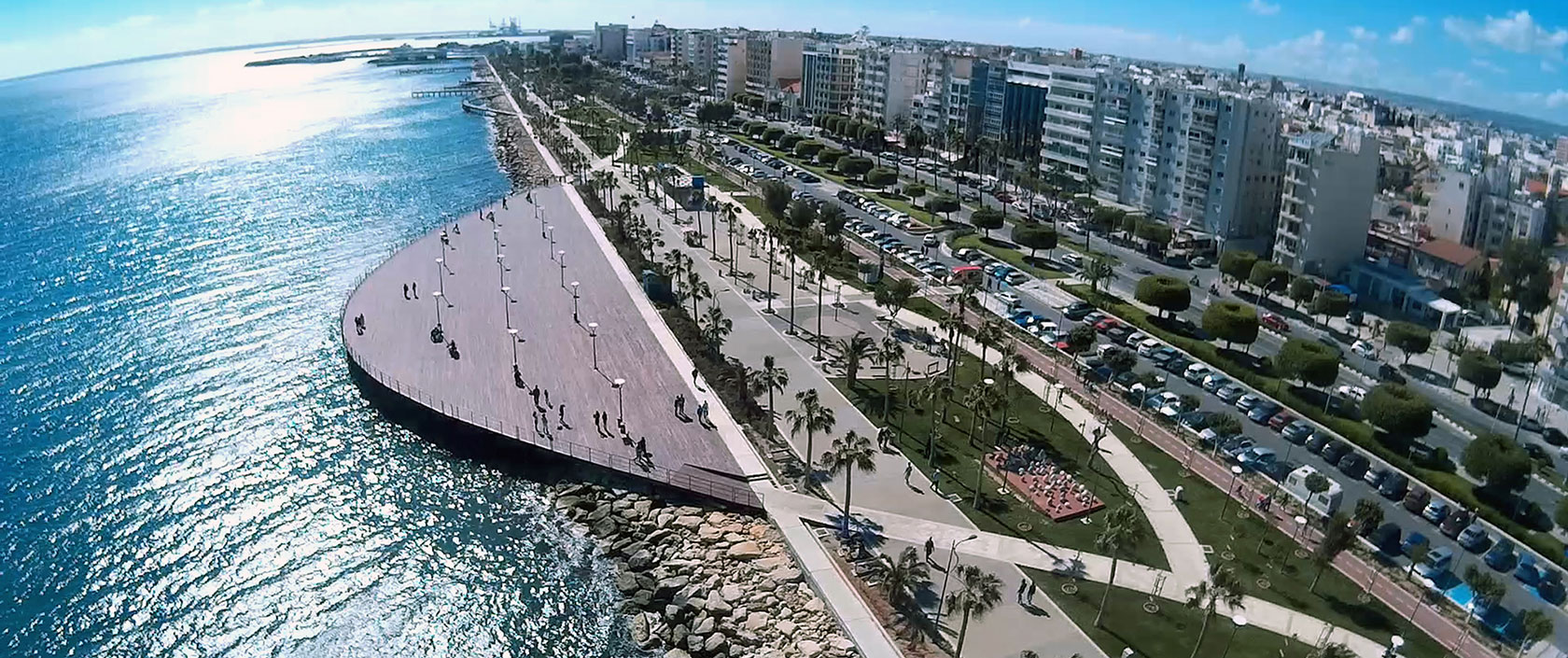
Click here to change your cookie preferences